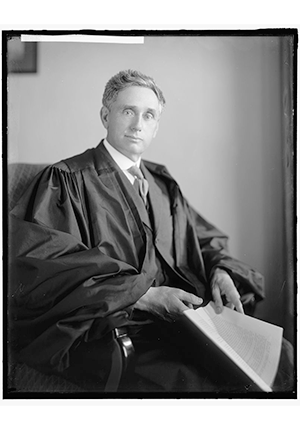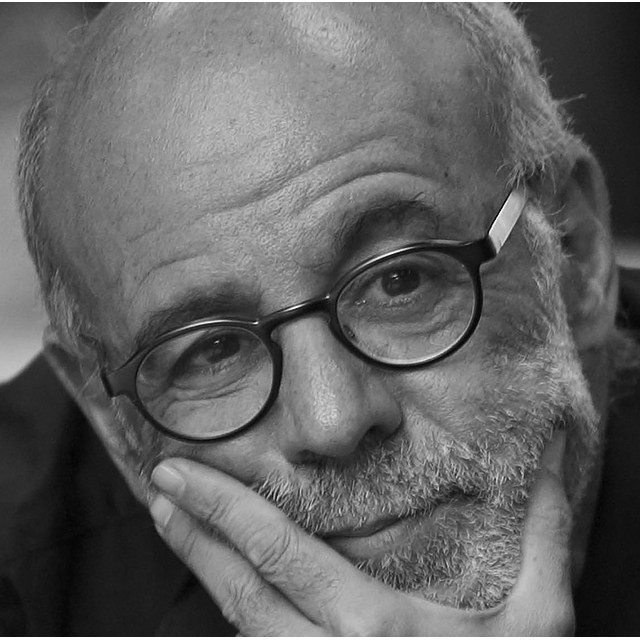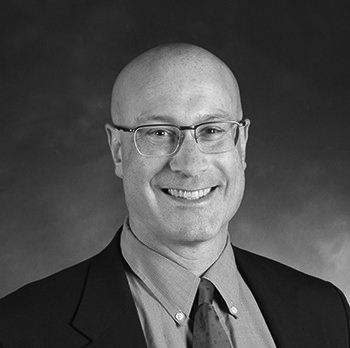Historic Document
True Americanism: Fourth of July Oration (1915)
Louis D. Brandeis | 1915

Library of Congress, Prints and Photographs Division, photograph by Harris & Ewing
Summary
A Kentucky-born and Boston-based reform lawyer and progressive activist, Louis Brandeis was later appointed by Woodrow Wilson to the Supreme Court as the nation’s first Jewish Justice, where he served as a dynamic and innovative advocate for law as a force for justice and social progress. Brandeis was an influential democratic theorist who wrote and spoke extensively about, litigated on behalf of, and issued judicial opinions that explicated the relationship between constitutional law, democracy, and individual liberty. An intellectual architect of Wilson’s “New Freedom” progressivism, in an age of mass immigration and increasing diversity, Brandeis reflected at length upon the meaning of full civic membership in American society under conditions of pluralism and longstanding American political and constitutional ideals.
Selected by

William E. Forbath
Lloyd M. Bentsen Chair in Law, and Associate Dean for Research, The University of Texas at Austin School of Law

Ken I. Kersch
Professor of Political Science, at Boston College
Document Excerpt
E pluribus unum – out of many one, – was the motto adopted by the founders of the Republic when they formed a union of the thirteen States…. The founders were convinced, as we are, that a strong nation could be built through federation. They were also convinced, as we are, that in America, under a free government, many peoples would make one nation. Throughout all these years we have admitted to our country and to citizenship immigrants from the diverse lands of Europe. We had faith that thereby we could best serve ourselves and mankind. This faith has been justified….
This year we are asked to address ourselves to the newcomers and to make this Fourth of July what has been termed Americanization Day. What is Americanization? It manifests itself, in a superficial way, when the immigrant adopts the clothes, the manners and the customs generally prevailing here. Far more important is the manifestation presented when he substitutes for his mother tongue, the English language as the common medium of speech. But …. the immigrant is not Americanized unless his interests and affections have become deeply rooted here. And we properly demand of the immigrant even more than this. He must be brought into complete harmony with our ideals and aspirations and cooperate with us for their attainment…. Only when this has been done, will he possess the national consciousness of an American….
What are the American ideals? They are the development of the individual for his own and the common good; – the development of the individual through liberty and the attainment of the common good through democracy and social justice.
Our form of government, as well as humanity, compels us to strive for the development of the individual man. Under universal suffrage (soon to be extended to women) every voter is a partner of the State. Unless the rulers have … education and character and are free men, our great experiment in democracy must fail. It devolves upon the State, therefore, to fit its rulers for their task. It must provide not only facilities for development, but the opportunity of using them. It must not only provide opportunity; it must stimulate the desire to avail of it. Thus we are compelled to insist upon observance of what we somewhat vaguely term the American standard of living; we become necessarily our brothers’ keepers.
What does this standard imply? In substance, the exercise of those rights which our Constitution guarantees; the right to life, liberty, and the pursuit of happiness. Life, in this connection, means living not existing; liberty, freedom in things industrial as well as political; happiness includes, among other things, that satisfaction which can come only through the full development and utilization of one’s faculties. In order that men may live and not merely exist – in order that men may develop their faculties, they must have a reasonable income; they must have health and leisure. High wages will not meet the worker’s need unless employment be regular. The best of wages will not compensate for excessively long working hours which undermine health. And working conditions may be so bad as to nullify the good effects of high wages and short hours. The essentials of American citizenship are not satisfied by supplying merely the material needs or even wants of the worker.
Every citizen must have education – broad and continuous. This essential of citizenship is not met by an education which ends at the age of 14 – or even at 18 or 22. Education must continue throughout life…. [F]reshness of mind is indispensable to its attainment. And to the preservation of freshness of mind a short workday is as essential as adequate food and proper conditions of working and living. The worker must, in other words, have leisure. But leisure does not imply idleness. It means ability to work not less but more – ability to work at some thing besides breadwinning …. Leisure, so defined, is an essential of successful democracy.
Furthermore the citizen in a successful democracy must not only have education; he must be free. Men are not free if dependent industrially upon the arbitrary will of another. Industrial liberty on the part of the worker cannot, therefore, exist if there be overweening industrial power. Some curb must be placed upon overweening industrial power. Some curb must be placed upon capitalistic combination. Nor will even this curb be effective unless the workers cooperate, as in trade unions. Control and cooperation are both essential to industrial liberty.
And if the American is to be fitted for his task as ruler, he must have … also some degree of financial independence. Our existing industrial system is converting an ever increasing percentage of the population into wage earners; and experience teaches us that a large part of these become at some time financial dependents, by reason of sickness, accident, invalidity, superannuation, unemployment, or premature death of the breadwinner of the family…. The need of providing indemnity against financial losses from such ordinary contingencies in the workingman’s life, has become apparent, and is already being supplied in other countries. The standard worthy to be called American implies some system of social insurance….
Such are our ideals and the standard of living we have erected for ourselves. But what is there in these ideals which is peculiarly American? …. [T]here is one feature in our ideals and practices which is peculiarly American. It is inclusive brotherhood.
Other countries, while developing the individual man, have assumed that their common good would be attained only if the privileges of citizenship in them should be limited practically to natives or to persons of a particular nationality. America, on the other hand, has always declared herself for equality of nationalities, as well as for equality of individuals. It recognized racial equality as an essential of full human liberty and true brotherhood, and that it is the complement of democracy. It has, therefore, given like welcome to all the peoples of Europe….
America, dedicated to liberty and the brotherhood of man, rejected the aristocratic principle of the superman as applied to peoples as it rejected it as applied to individuals. America has believed that each race had something of peculiar value which it can contribute to the attainment of those high ideals for which it is striving. America has believed that we must not only give to the immigrant the best that we have, but must preserve for America the good that is in the immigrant and develop in him the best of which he is capable. America has believed that in differentiation, not in uniformity, lies the path of progress. It acted on this belief; it has advanced human happiness, and it has prospered….




